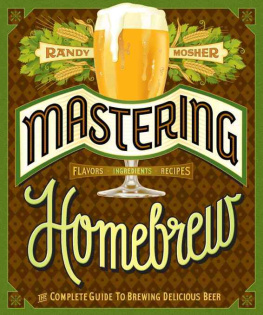BOOKS BY HOWARD FRANK MOSHER
Disappearances
Where the Rivers Flow North
Marie Blythe
A Stranger in the Kingdom
Northern Borders
North Country
The Fall of the Year
The True Account
Waiting for Teddy Williams
On Kingdom Mountain
Walking to Gatlinburg
For my son, Jake
O NE
THURISAZ
Y ears later Morgan Kinneson would conclude that it was probably reading that had gotten him and his brother, Pilgrim, into trouble in the first place. The Kinnesons of Kingdom Mountain had always been great readers. Shakespeare's plays. Pilgrim's Progress. Paradise Lost . His mother had delighted in reading Miss Austen and Mr. Dickens to Morgan and his brother. Their father, Quaker Meeting Kinneson, read aloud regularly from the papers and gazettes out of Boston, Washington, and Philadelphia. After Pilgrim left Kingdom Mountain for Harvard, he sent Morgan books by his professor and friend, the Swiss-born naturalist and glaciologist Louis Agassiz, and by Emerson and Thoreau, the Concord freethinkers, and, most recently, the book by that strange Englishman Darwin, which was like no other book Morgan had ever read.
Of course the Vermont Kinnesons also read the Bible. The elderly female cousin several times removed who had quartered herself upon the family since his father was a boy had read to Morgan, with a satisfaction bordering on gleefulness, the vengeful old scriptures of cataclysmic floods and fire raining out of the sky to incinerate entire wicked cities, and wicked giants laid low by boys with slings, not to mention women turned into salt for the least imaginable infraction, and innumerable millions wailing and gnashing their teeth in everlasting fires for reciting their prayers one way instead of another. "Take from the Bible what you can use and ignore the rest," Pilgrim had advised him. "Just as you would from any other book. It's the book our ancestors were raised on. It can't be all bad."
"It's the book I was raised on," said the elderly cousin many times removed, whose name was Mahitabel, but whom Pilgrim and Morgan called Cousin Sabbath School. She gave Pilgrim a dark look. "It has served me well. It will serve him"--meaning Morgan--"well. When he is judged, at the end of what I prophesy will be a short and ill-spent life, he will know why he has been consigned. There will be no brook fishing or roving off night and day there, I assure you." Exactly where Morgan would be consigned, Cousin Sabbath School never specified.
"That sounds like the kind of threat a brimstone preacher would make to scare a fellow into going along with his way of thinking," Pilgrim said. "Around comes the long-handled collection basket, boys. Pay your dues or it will go hard with you by and by."
"We shall see what we shall see," Mahitabel said.
"On that much, at least, we can all agree," Morgan's father said, hoping thereby to end the discussion.
"Aye," said Cousin Sabbath School. "We can."
Of all the Kinnesons, Pilgrim, who was five years older than Morgan, was the most voracious reader. He studied books about medicine and trees and animals and rocks. Until he went to war he had been studying at Harvard to become a doctor. He had even spent a year studying surgery with Joseph Lister at the renowned medical college in Glasgow, Scotland. Before leaving home for Harvard and beyond, he had taught Morgan a good deal about the animals and plants and birds of Kingdom Mountain. He had shown Morgan how to shoot with Hunter, Pilgrim's old cap-and-ball musket, converted from their grandfather's flintlock. And while Morgan quickly became a good shot, his brother remained the expert marksman in the family. Even after he had stopped hunting, stopped killing things altogether, Pilgrim was the best shot Morgan had ever known. For his part, Morgan had an uncanny natural woods sense, which he had honed ever since he had been allowed to go to the woods on his own. As his father sometimes said, you couldn't haul the boy out of the woods with a yoke of oxen, though he too read avidly himself, travel accounts mainly, by explorers like Marco Polo and Captain James Cook. As for Morgan's formal schooling, that had ended after the episode with Dogood.
In a way it had been the Kinneson mania for reading that had resulted in Pilgrim's trouble as well. In the third year of fighting, Pilgrim had enlisted in the Union army. Like his father, who operated the northernmost station on Vermont's Underground Railroad, Pilgrim was an abolitionist. But the rift with Professor Agassiz had led to his leaving college to enlist. It was Darwin's Origin of Species that had resulted in the break, though by then Pilgrim and his parents had already quarreled over the matter of Manon Thibeau. Not that Morgan believed there was any lesson to be learned from such reflections. You couldn't just stop reading, any more than you could help falling in love. Still, he had to acknowledge, at least to himself, that reading was the main problem, as true in his case as it was in Pilgrim's. If he'd never encountered those travel books, he might never have come up with the idea for his own great odyssey after Pilgrim had gone missing at the place in Pennsylvania called Gettysburg.
F OR A TIME after Pilgrim went off to college, Morgan dreaded going to places on Kingdom Mountain that he and his older brother had once frequented. Places where Pilgrim had taught him to wait for a buck to slip down to a stream to drink. Brooks where they'd caught the vividly colored little native trout that lived in every rill on the mountain. The big lake, Memphremagog, which stretched twenty-five miles north into French Canada, where they'd watched the snow geese alight, thousands of them, sailing out of the dense clouds in family gaggles of four and five and six on their way north to Baffin Bay or south to the Chesapeake. Once, while they were trolling on the lake in the birch canoe they had made, Morgan had hooked a huge deepwater fish, probably a lake trout but possibly a sturgeon. The fish had towed the canoe for almost a mile over the border, between the steep mountains rising abruptly three thousand feet out of the water, before breaking off with Morgan's homemade red-and-white lure in its mouth.
The two brothers loved to camp overnight on top of Kingdom Mountain, high above the treeline, where you could see four different states and deep into Canada. One night, tenting on the mountaintop with their cousin Dolton Kinneson, a great bear of a fellow who was Pilgrim's age but in his head much younger than Morgan, they'd watched the entire northern sky flare blue, green, red, silver, yellow, and pink from the northern lights. Pilgrim had told them about the Canadian voyageurs, fur traders in colorful tuques and sashes, who paddled thirty-foot-long canots du nord in grand flotillas from Montreal to Lake Athabasca and a place with the wonderful name of Flin Flon--twenty-five hundred miles and back again, racing to beat the onset of winter, singing their stirring paddling songs, penetrating wilderness never before seen by anyone save a few scattered bands of Cree. At twelve and thirteen and fourteen, Morgan had longed to go north with these bold adventurers.
He and Pilgrim and Dolton had brought Professor Agassiz to the mountaintop to examine the glacial erratics, boulders carried down from the Far North by the great ice sheet. They'd showed him the Balancing Boulder, a gigantic round rock as big as their farmhouse, perched on a smaller flat-topped boulder, with strange glyphs that the professor called runes carved into it beside pictographs of a whale, a walrus, and a reindeer. The professor believed that the pictographs and the runes might have been carved by Norse explorers hundreds of years before, but neither he nor anyone else could tell for certain. Only that the carvings were very ancient. Sometimes Morgan and Pilgrim played a variation of blindman's bluff at the Balancing Boulder, shutting their eyes and reaching for the boulder to see which rune they touched most often. Even when he tried not to, Morgan usually touched the symbol ; Pilgrim, .

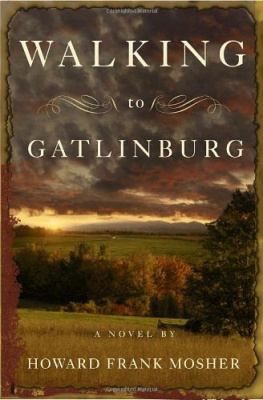
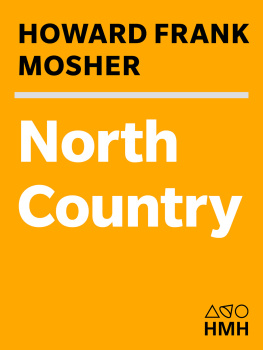
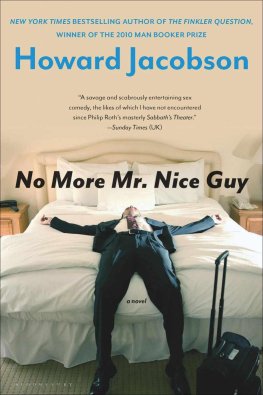
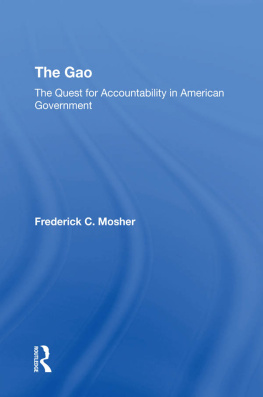

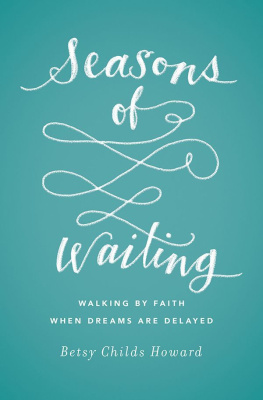
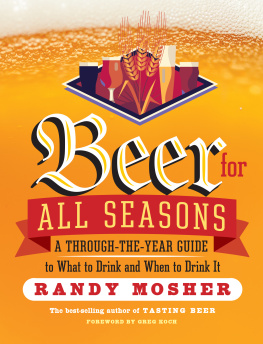

![Randy Mosher - Beer for all seasons : [a through-the-year guide to what to drink and when to drink it]](/uploads/posts/book/74958/thumbs/randy-mosher-beer-for-all-seasons-a.jpg)

